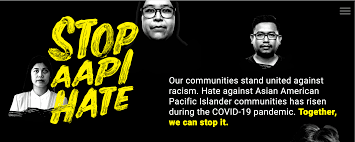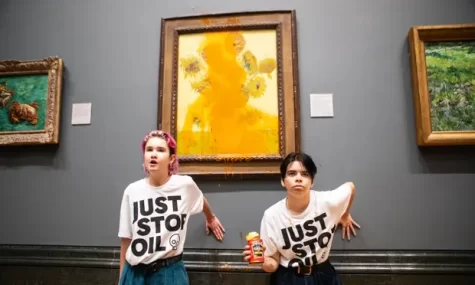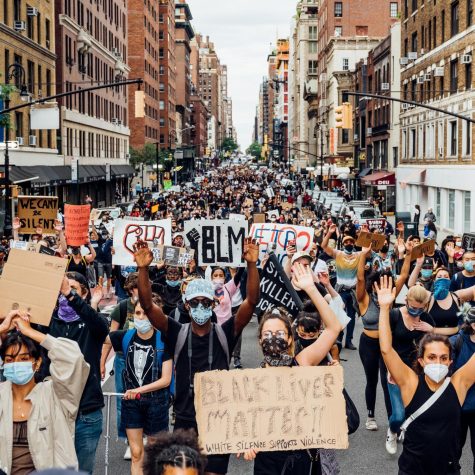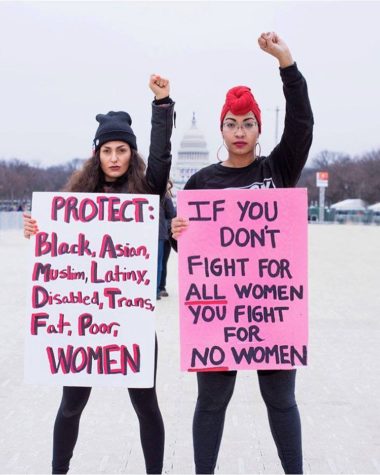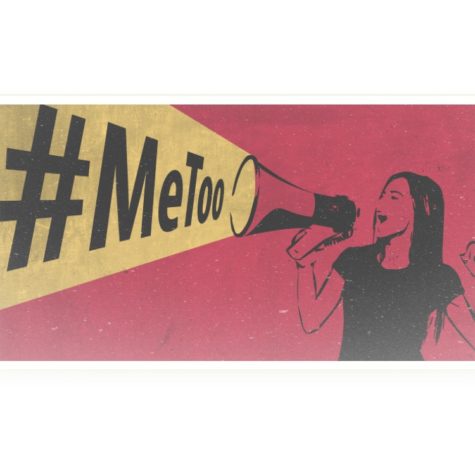The Dangers of Romanticizing Psychological Disorders Online
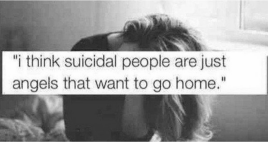
Over the last few years, internet platforms have been pushing for a broader range regarding inclusivity and acceptance. Movements across platforms like Tumblr, Twitter, and TikTok have sparked conversations about many important issues that range from body positivity to sexual assault. More recently, conversations about wanting to normalize mental illness, and although some people have benefited from the current approach to this issue, many have faced unexpected repercussions.
Online there has been a surge of discourse around mental illness, particularly from the youngest generations. Recently there has been a move to destigmatize and/or normalize psychological disorders that many people suffer from such as depression, bipolar disorder, schizophrenia, etc. Although this movement seems like a wonderful step forward in the inclusion and acceptance of those who don’t fit the status quo, there are some complications that have recently become more noticeable. These issues that came from the move of destigmatization completely contradict the movement itself and have the potential to cause more issues for those who are suffering from a psychological disorder.
Cultures on various online media apps have fostered toxic spaces that further promote the already present stigmatization, and have created a warped perception of mental illness that is harmful. On social media platforms like Tumblr and TikTok, depression and other illnesses are seen as a quirk or unique trait that separates an individual from the collective rather than what it actually is: an illness of the mind.
Tumblr, as aforementioned, is one of the main platforms in which psychological disorders are romanticized; A research paper written by The Undergraduate Research Journal of Psychology at UCLA touching on the subject uses the example of an original post from Tumblr in 2016 which shows an “aesthetically pleasing” photo with the caption, “i think suicidal people are just angels that want to go home.” Anima Shrestha writes, “This image is a prime example of the romanticization of depression and suicide […] In drawing a metaphor between people who are suicidal and angels, the photo suggests that suicide is a spiritual act. It also suggests that those who are suicidal are to be revered […]” Many posts like these allow for a false view of an illness to spread to a wider audience; this glamorization and horribly skewed view of psychological disorders has led to a chain of issues and even more stigmatization around conversations on mental health.
Online platforms have created a falsified image of mental illness in which psychological disorders seem like an attractive quality. Discourse on psychological disorders being brought to a more positive view isn’t inherently negative, it’s the approach that creates all sorts of complications. The fine line between awareness and sensationalization is a very tricky thing to traverse, especially when surrounding humane issues like psychological disorders. People often stray from the ropes of education and awareness with misinformation to further an agenda that best suits their online presence. For example, depression is seen as attractive, cool, and only a slightly worse sadness than normal, and many people online have used it to gain “clout”; however, the reality of depression and other mental illnesses is much worse than what people think.
Depression, according to the DSM-5 diagnosis criteria for depression, is defined by consistent symptoms of “depressed mood most of the day, nearly every day,” “recurrent thoughts of death, recurrent suicidal ideation,” “markedly diminished interest or pleasure in all, or almost all, activities,” “feelings of worthlessness or excessive or inappropriate guilt,” “diminished ability to think or concentrate,” “a slowing down of thought and a reduction of physical movement,” “significant weight loss when not dieting or weight gain,” and/or “fatigue.” Although the physiological and psychological effects of depression are debilitating and cause major distress, those on various social media apps continue to glamorize and sensationalize the issue; people on social media will go as far as using depression, and a number of other illnesses, for aesthetic purposes and have rebranded self harm and destructive behavior as “edgy” or “dark.”
Severe cases of mental illness showcased on social media are often demonized, and those who chose to share their experience are bullied for their “gross,” “weird,” or “obscene” behavior. When the reality of an illness shines through falsified perceptions people online have made, those same people on social media who created the romanticized version of a disorder are quick to alienate and insult those who struggle with the reality of a mental disorder. In severe cases of mental disorders people can hardly do simple tasks without any repercussions, and their behaviors become self destructive to a point where they can’t work, clean, or even communicate effectively. To demonize someone who is already struggling with their own issues is only adding onto their daily struggle.
Common examples I’ve seen across different platforms, namely on TikTok, are people often calling those who want to spread awareness to certain disorders unhygienic and disgusting because of their self destructive and unmotivated nature, or calling them liars because they don’t seem a certain way or don’t express themselves the “way they should.”
With all that being said, what exactly is there to do? Speak up and be a voice for those who are spoken over is an essential part of repairing the damage done by these falsified perceptions. Call out and correct any false claims and misinformation that exist within these spaces that seek to simply profit off mental disorders. The most important factor in creating a safe space for those who are suffering with psychological disorders is to educate yourself on the range of disorders, their surface level perceptions, and real life consequences. Now, this doesn’t mean having to get a degree in psychology or grabbing a psychology textbook and diagnosing those around for any signs of illness, instead just be aware of information you’ve gained and use it for the good of others. Using all these tools and methods, maybe we might be able to reverse some of the harm done, and bring about the intended positive effects of social movements to eliminate stigmatization.

